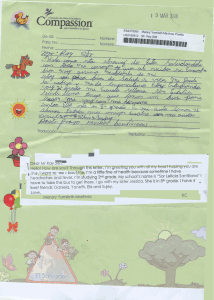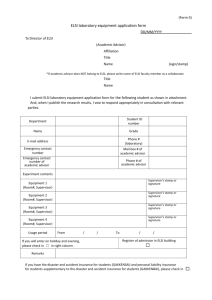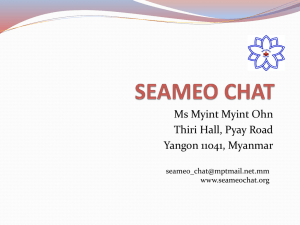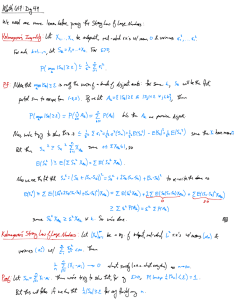Statement of Purpose: Educational Leadership & School Improvement
advertisement
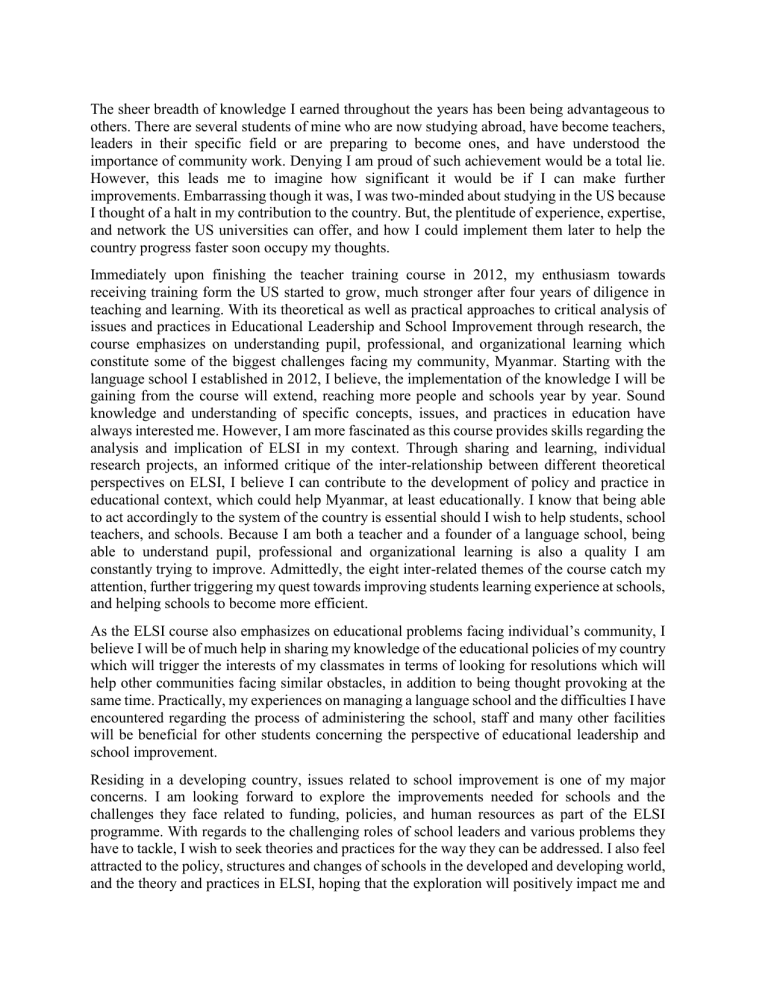
The sheer breadth of knowledge I earned throughout the years has been being advantageous to others. There are several students of mine who are now studying abroad, have become teachers, leaders in their specific field or are preparing to become ones, and have understood the importance of community work. Denying I am proud of such achievement would be a total lie. However, this leads me to imagine how significant it would be if I can make further improvements. Embarrassing though it was, I was two-minded about studying in the US because I thought of a halt in my contribution to the country. But, the plentitude of experience, expertise, and network the US universities can offer, and how I could implement them later to help the country progress faster soon occupy my thoughts. Immediately upon finishing the teacher training course in 2012, my enthusiasm towards receiving training form the US started to grow, much stronger after four years of diligence in teaching and learning. With its theoretical as well as practical approaches to critical analysis of issues and practices in Educational Leadership and School Improvement through research, the course emphasizes on understanding pupil, professional, and organizational learning which constitute some of the biggest challenges facing my community, Myanmar. Starting with the language school I established in 2012, I believe, the implementation of the knowledge I will be gaining from the course will extend, reaching more people and schools year by year. Sound knowledge and understanding of specific concepts, issues, and practices in education have always interested me. However, I am more fascinated as this course provides skills regarding the analysis and implication of ELSI in my context. Through sharing and learning, individual research projects, an informed critique of the inter-relationship between different theoretical perspectives on ELSI, I believe I can contribute to the development of policy and practice in educational context, which could help Myanmar, at least educationally. I know that being able to act accordingly to the system of the country is essential should I wish to help students, school teachers, and schools. Because I am both a teacher and a founder of a language school, being able to understand pupil, professional and organizational learning is also a quality I am constantly trying to improve. Admittedly, the eight inter-related themes of the course catch my attention, further triggering my quest towards improving students learning experience at schools, and helping schools to become more efficient. As the ELSI course also emphasizes on educational problems facing individual’s community, I believe I will be of much help in sharing my knowledge of the educational policies of my country which will trigger the interests of my classmates in terms of looking for resolutions which will help other communities facing similar obstacles, in addition to being thought provoking at the same time. Practically, my experiences on managing a language school and the difficulties I have encountered regarding the process of administering the school, staff and many other facilities will be beneficial for other students concerning the perspective of educational leadership and school improvement. Residing in a developing country, issues related to school improvement is one of my major concerns. I am looking forward to explore the improvements needed for schools and the challenges they face related to funding, policies, and human resources as part of the ELSI programme. With regards to the challenging roles of school leaders and various problems they have to tackle, I wish to seek theories and practices for the way they can be addressed. I also feel attracted to the policy, structures and changes of schools in the developed and developing world, and the theory and practices in ELSI, hoping that the exploration will positively impact me and my community. Perhaps, the course would prepare me to make significant contribution to the international community of education. Education is essential in business transactions, dealings and widening the perspectives of the majority of the residents in Myanmar in this transitional period to a progressed education, economy, and health care. I am certain that the theories, research opportunity, discussions and debates of issues on teaching, training and leadership, in combination with my existing knowledge, will surely be of advantage to a large number of teachers who will in turn benefit thousands of students at times. My inclination of becoming a teacher, trainer of teachers, and to improve school has never receded since I believe in the power of education through which the country can be raised out of crises. Alone, I could hardly manage to influence and lead a few hundreds. However, with the bulk of experience, knowledge, and ties I will have acquired from a prestigious US university, effective training sessions, workshops, funding and educational leadership programmes will be more efficacious, benefiting the whole community.
